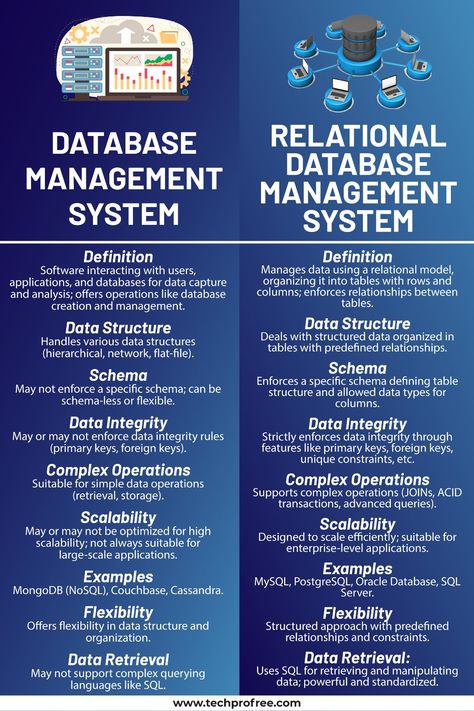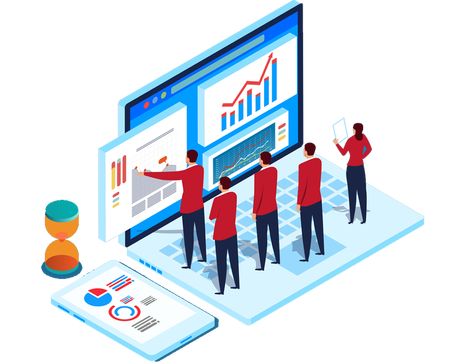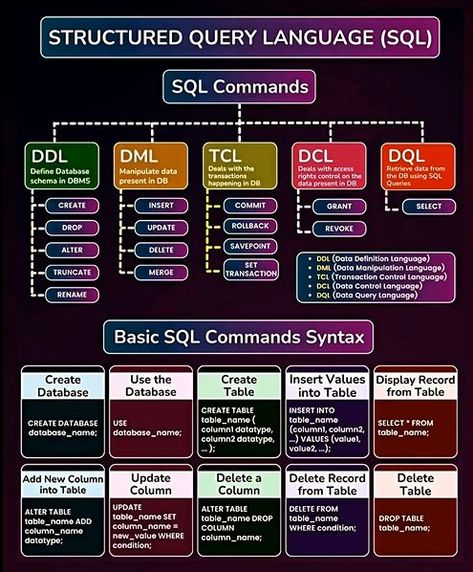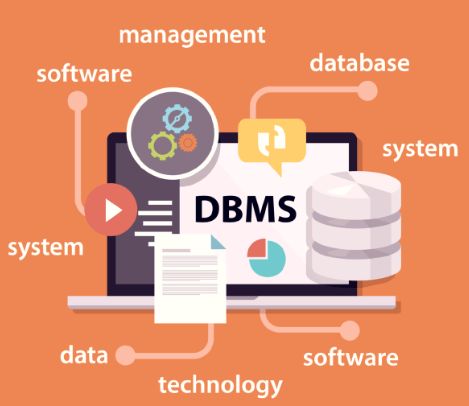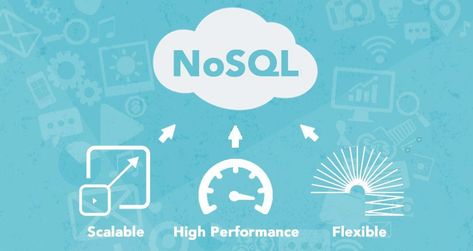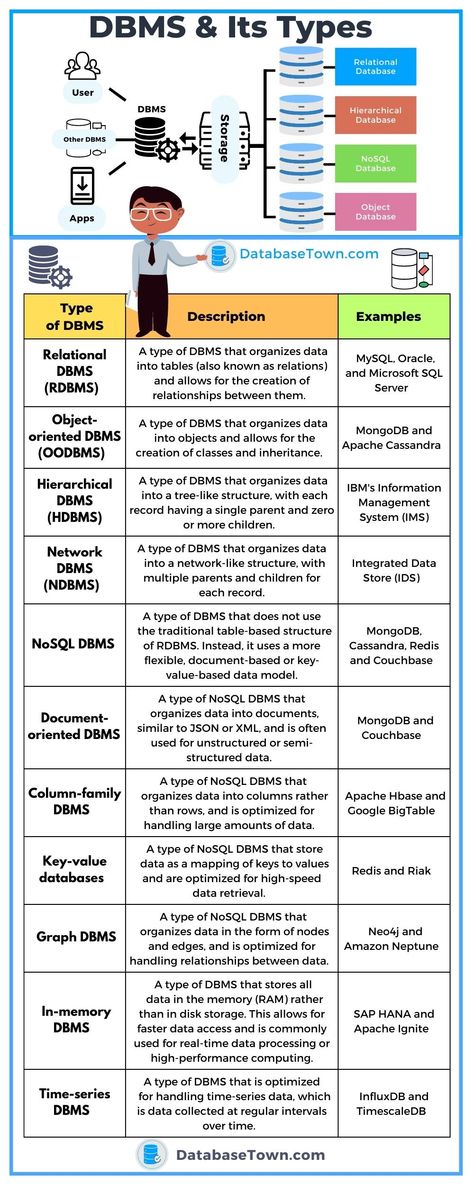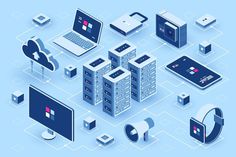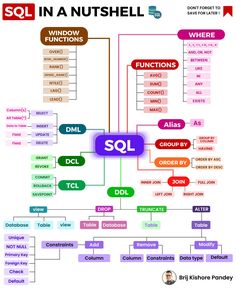Database administrator
Discover Pinterest’s best ideas and inspiration for Database administrator. Get inspired and try out new things.
951 people searched this
·
Last updated 1d
#DatabaseManagementSystem is an assortment of programs and applications used to manage the database. It might be used by an administrator who ensures that the data stored in the system is secured and limits free access to other users. This post will provide an overview of #DBMS and highlight some of the key features to look for when choosing one.
DBMS(Database Management system) vs RDBMS (Relational Database Management system)
Database health checks are part of database administration activities. Administrators are responsible for evaluating the overall configuration of your database and check its query performance, safety, efficiency, and security.
SQL In a Nutshell https://morioh.com/a/5b81cf800e62/sql-cheatsheet-learn-sql-core-concepts-with-examples #sql #nosql #mysql #database #mongodb...
If you want to jumpstart your career in IT and networking by acing the Cisco CCNA exam, then this course is for you! It gives you a full understanding of all the concepts and topics you need to earn the most in-demand networking certification today by passing the Cisco CCNA…
We are a business and technology consulting firm. We help our clients to manage online database management systems and strategies to improve outcomes! We also focus on master data management services.
In this article, we'll embark on a journey to dissect the key differences between MySQL and MS SQL Server, exploring their features, performance, scalability, and ecosystem.
The term “Database Management System,” often known as “DBMS,” refers to a computerized tool that aids in the storage of data in a way that makes it simple to read, update, remove, and scale, with the main goal of facilitating correlations, driving analysis, and enabling data-driven workflows. A computerized system for maintaining data is known […] The post What Is DBMS (Database Management System)? appeared first on FileHulk.
Bring in a #southerncharm to your #advertising #campaigns with the support of data lists.
These MySQL interview questions and answers will help you to get your dream position as a Database Administrator.
While several emerging technologies are grabbing plenty of headlines this year, there are many “digital disruptions” that may catch chief information officers off guard.
Our developers have been featured in magazines and awarded the prestigious title of Microsoft SQL MVP.
Is your startup looking at all database options? Be sure you have considered all optons. Here's why a NOSQL database is perfect for a startup.
💡 Databases are essential for storing, managing, and retrieving data. They come in various types, each serving different needs and applications. This post is the first part of 2 that showcase the most popular types of databases and some examples. Each database type offers unique advantages tailored to specific data management needs. Whether you prioritize speed, flexibility, data relationships, or scalability, there’s a database type that fits your requirements. 💭 Which database type is…
The image is showing the list of top DBMS vendors for small businesses. A #DBMS or #databasemanagementsystem is a software system that allows you to store, retrieve, and process data. Navigate the world of Database Management Systems with ease. The below post uncovers the top 10 systems tailored for small businesses, exploring features, benefits, and pricing to find the perfect fit for your company's growth. #dbmsforsmallbusinesses
These SQL Query interview questions and answers will help you to get your dream position as a database administrator.
DBMS stands for Database Management System. It is a software system that allows users to create, manage, and manipulate databases. A database is a collection of data that is organized in a structured way to facilitate efficient retrieval and manipulation of data. A DBMS provides a way to store, access, and manage the data stored in a database. 1- Relational DBMS 2- Object-oriented DBMS 3- Hierarchical DBMS 4- Network DBMS 5- NoSQL DBMS 6- In-memory DBMS 7- Time-Series DBMS
The IABAC certification process hones a critical skill set, including proficiency in data architecture and data pipelines. As a Certified Data Engineer, you'll be equipped to create, maintain, and optimize data infrastructure systems. This encompasses the entire data lifecycle, from its inception to its final destination, ensuring that all data is accurate, complete, and secure. Your work ensures the smooth functioning of key processes, such as data warehousing and database management.
Related interests
Database administrator and more


